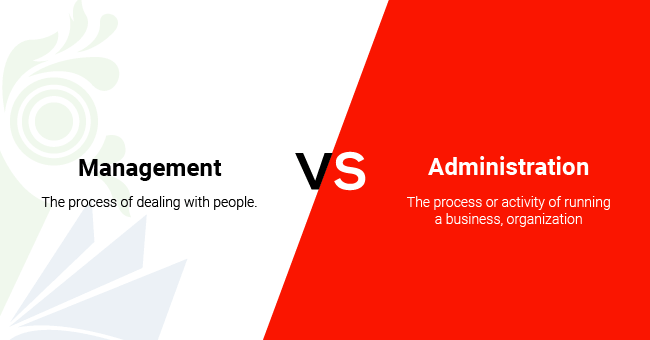The Differences Between A Real Estate Agent and A Real Estate Broker
It’s simple to confuse the “broker” and “agent” jobs because they have similar tasks and are frequently used interchangeably. Any of these job titles can facilitate real estate transactions, but agents—also known as salespeople—need supervision to get started. Brokers don’t. What, then, is the difference? Keep reading to learn more.
Table of Contents
Who is A Real Estate Agent?
A real estate agent is a licensed professional who plans and facilitates real estate transactions between buyers and sellers. Real estate professionals must complete and pass all required state-specific courses and meet the state’s licensing criteria to become agents. After receiving their license, real estate agents are required to work for a brokerage and be supervised by another licensed broker. They can’t operate on their own.
The Obligations of A Real Estate Agent
A real estate agent from the Empower Home Team VA Beach can be a beneficial resource when purchasing or selling a home. Among their duties are the following:
- Matching up eligible home buyers with sellers
- Supplying buyers with data regarding communities, schools, and property values
- Linking potential homeowners with mortgage lenders so they can obtain preapproval for a loan
- Distributing listings via the multiple listing service (MLS) to prospective homeowners
- Settling on repairs and replacements that appraisers or property inspectors demand
- Helping buyers and sellers with the closing process and the necessary documentation.
Instead of receiving a salary, real estate brokers are nearly often paid on commission, which means that when they assist a buyer or seller in buying or selling a home, they will get a cut of the sale.
Who is A Real Estate Broker?
Brokers are more experienced members of the real estate industry. Professionals must obtain the next level of real estate license and work as agents for a specific amount of years before becoming brokers. That entails going through the entire licensing procedure again, including finishing the pre-license classes for brokers.
Thanks to their increased education and experience, brokers can assume more complex responsibilities, such as managing the financial and legal sides of a transaction, overseeing other agents, and running their brokerage.
Obligations of A Broker
Brokers are capable of performing all the duties of a real estate agent, but because of their broker license, they can also perform the following additional tasks:
- Employ agents to serve under them
- Transfer funds between an escrow account and another
- Conflict resolution in a court case.
A real estate broker can make money in two different ways: by keeping all of the commission they receive from their transactions or by receiving a portion of their agent’s commission.
Read More: Why You Should Enroll in a Language School in Singapore

Real Estate Agent vs Real Estate Broker
| Feature | Real Estate Agent | Real Estate Broker |
|---|---|---|
| Licensing Requirements | Typically requires a pre-licensing course and passing a state exam. | Requires additional education and experience, often including managing agents. |
| Supervision | Typically works under the supervision of a broker. | Can work independently and may supervise agents. |
| Responsibilities | Helps clients buy or sell properties. | May operate a real estate firm, manage agents, and handle more complex transactions. |
| Commission Split | Usually splits commissions with the broker according to agreed-upon terms. | Receives a larger portion of the commission and may pay a fee to the brokerage. |
| Continuing Education | Required to complete continuing education courses to renew the license periodically. | Often required to complete additional continuing education due to increased responsibilities. |
| Marketing | Relies on the broker’s marketing resources and support. | Has access to advanced marketing tools and may develop marketing strategies for the brokerage. |
| Liability | Generally has less liability compared to a broker. | Assumes greater liability due to managing agents and overseeing transactions. |
| Income Potential | May have a lower income ceiling compared to brokers. | Generally has a higher income potential due to handling larger transactions and managing agents. |
The Final Take
The scope of education and obligations is what separates an agent from a broker. A broker has the same powers as an agent. Still, they also have the additional duty of ensuring that all real estate transactions adhere to the laws, that all paperwork is completed appropriately, and that all funds are properly handled. An agent can gain a brand presence, networking opportunities, and one-on-one training by working for a brokerage. However, becoming a broker could be a significant career move for driven agents who want to run their own companies.




